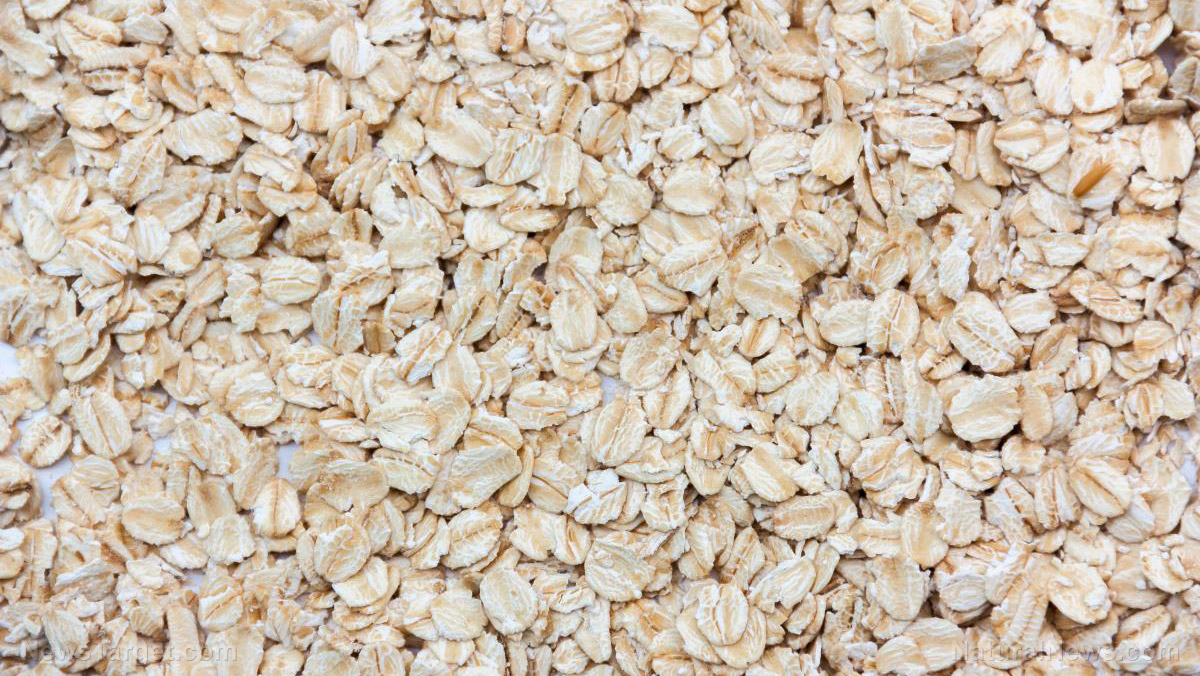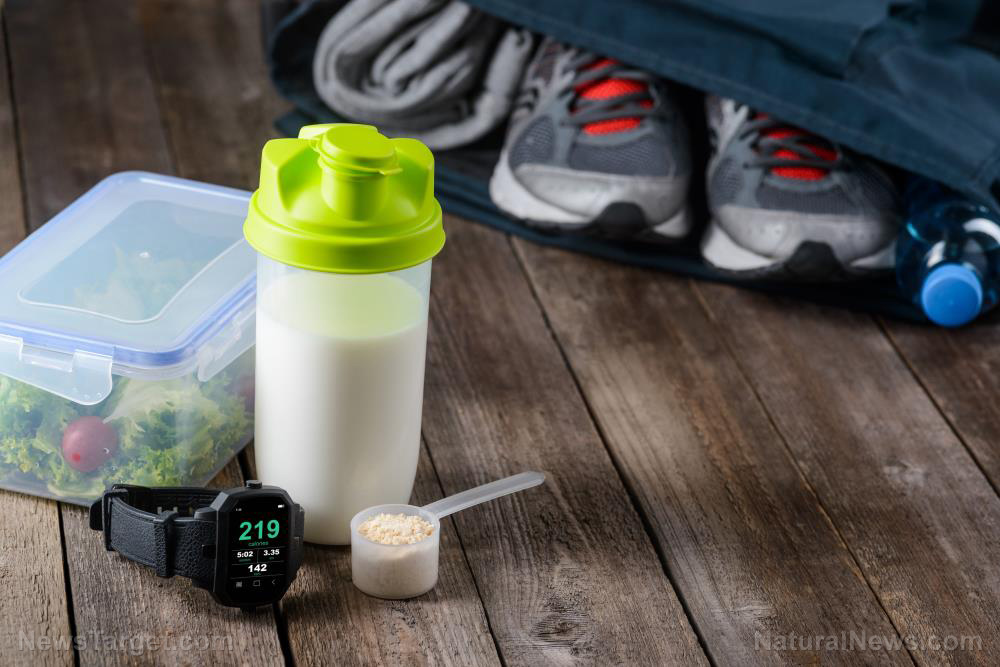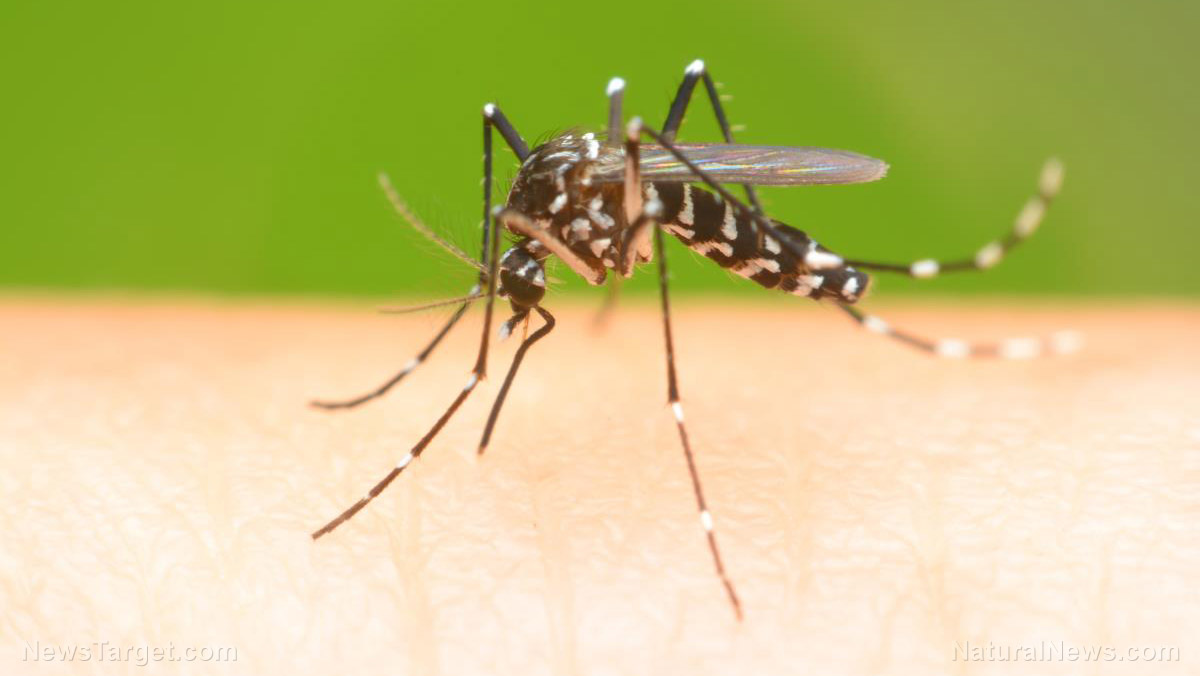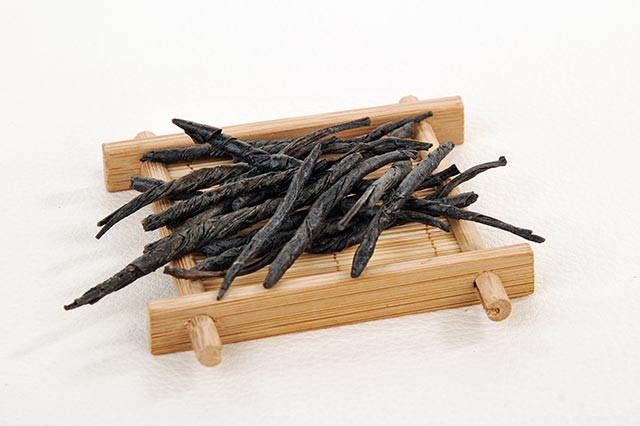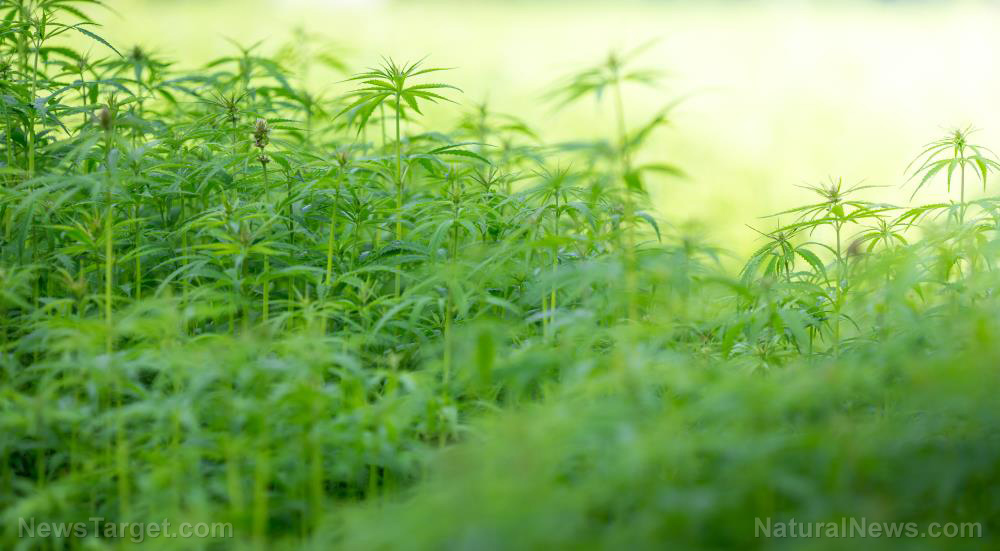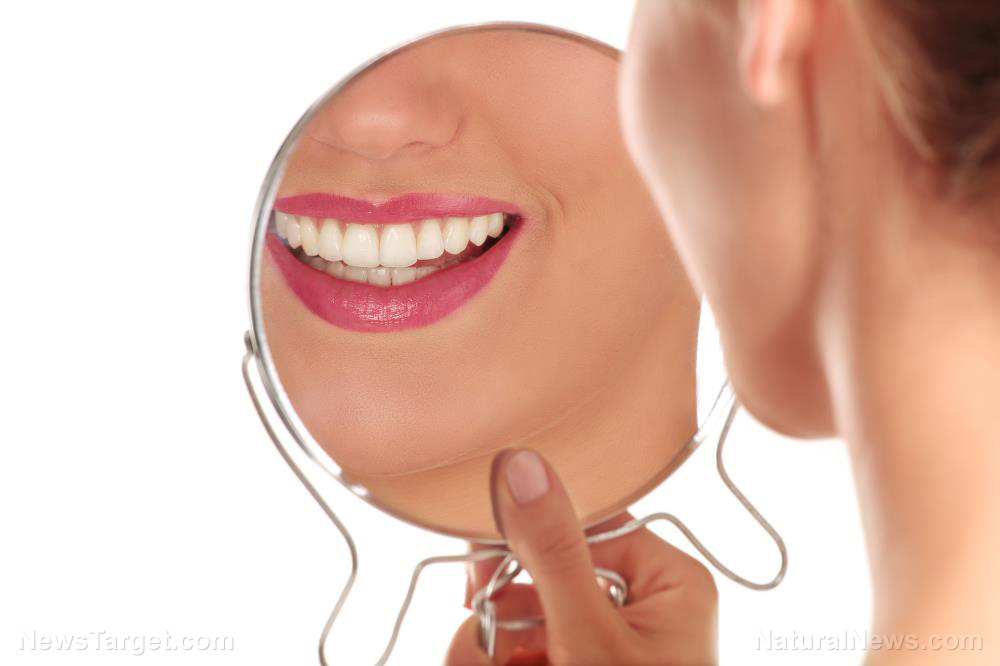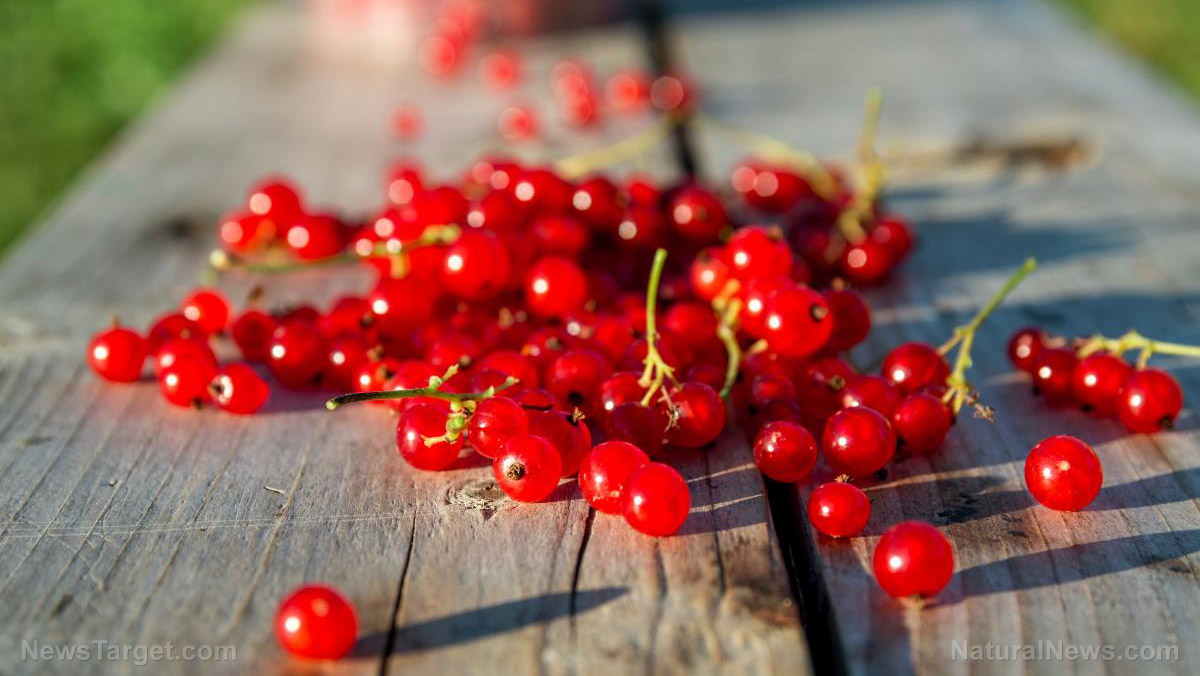Exclusive breastfeeding reduces your baby’s risk of eczema later in life
12/05/2019 / By Melissa Smith

Breastfeeding your baby can be a difficult task, but your hard work will surely pay off. Exclusively breastfeeding your child for the first three months can lower his or her risk of suffering from eczema later in life, according to a study presented in the American Academy of Allergy, Asthma & Immunology 2019 Annual Meeting and published in the Journal of Allergy and Clinical Immunology.
Eczema, also known as dermatitis, is a chronic skin condition that causes dry, itchy skin and rashes. When scratched, the skin becomes more inflamed and covered with blisters that crack easily. It most often occurs in children before the age of five and may persist into adolescence and adulthood.
For the study, researchers from the Children’s National Health System looked at data from the Infant Feeding Practices Study II conducted from 2005 to 2007, as well as a follow-up study from 2012. The cohort and follow-up were co-led by researchers at the Centers for Disease Control and Prevention (CDC) and the Food and Drug Administration (FDA).
The feeding study monitored the diets of nearly 2,000 pregnant women from their third trimester and assessed their feeding practices through their children’s first year of life. Researchers then conducted a followed up when 1,520 of the children turned six years old. They assessed the health, development and dietary patterns of these children.
The current study’s researchers found that 300 children were diagnosed with eczema at some point in their lives. Among children with a previous diagnosis, 58.6 percent had eczema at age six. They discovered that children with higher socioeconomic status and those with a family history of food allergies had higher chances of being diagnosed with eczema.
Sponsored: NEW Biostructured Silver First Aid Gel created by the Health Ranger combines three types of silver (ionic silver, colloidal silver, biostructured silver) with seven potent botanicals (rosemary, oregano, cinnamon and more) to create a breakthrough first aid silver gel. Over 50 ppm silver, verified via ICP-MS lab analysis. Made from 100% Texas rain water and 70% solar power. Zero chemical preservatives, fragrances or emulsifiers. See full details here.
Additionally, they found that children who were exclusively breastfed for three months or longer had lower odds of having continued eczema at age six compared with those who were breastfed for less than three months or who were never breastfed.
“While exclusive breastfeeding may not prevent kids from getting eczema, it may protect them from experiencing extended flare-ups,” said Katherine M. Balas, the lead author of the study.
The American Academy of Pediatrics suggests that breast milk should be the sole source of nutrition of a baby for about six months. Breastfeeding can be continued for longer, as long as both the mother and baby desire it. (Related: Breastfeeding: Tips Help Guide New Mothers.)
Other benefits of breastfeeding for baby
Here are more reasons to breastfeed your baby:
- Breast milk prevents upset stomach, diarrhea and constipation compared to formula as the former is easier for your baby to digest.
- Breastfeeding reduces your child’s risk of infections, such as urinary tract infection, gastroenteritis, ear infection and respiratory infection.
- Breastfeeding prevents diseases such as spinal meningitis, Type 1 diabetes and Hodgkin’s lymphoma. This is because you pass your immune factors and white blood cells to your baby through breast milk.
- Breastfeeding could also lower your child’s odds of being obese later in life.
Breastfeeding also benefits mothers
Breastfeeding does not only benefit the babies, but also the mothers. Here are the benefits you can reap from breastfeeding your baby:
- It may lower your risk of developing breast and ovarian cancers later in life.
- It helps you lose pregnancy weight because producing milk burns about 300 to 500 calories a day.
- It may reduce your risk of osteoporosis because your body absorbs calcium much more efficiently.
- It brings your baby close to you. The skin-to-skin contact of nursing is reassuring to a newborn.
Learn more about the health benefits of breastfeeding at WomensHealth.news.
Sources include:
Tagged Under: alternative medicine, breastfeeding, children's health, disease prevention, eczema, infant's health, natural cures, natural medicine, newborns, Nursing, prevention, research, skin disease, skin health, women's health
RECENT NEWS & ARTICLES
Natural.News is a fact-based public education website published by Natural News Features, LLC.
All content copyright © 2018 by Natural News Features, LLC.
Contact Us with Tips or Corrections
All trademarks, registered trademarks and servicemarks mentioned on this site are the property of their respective owners.



